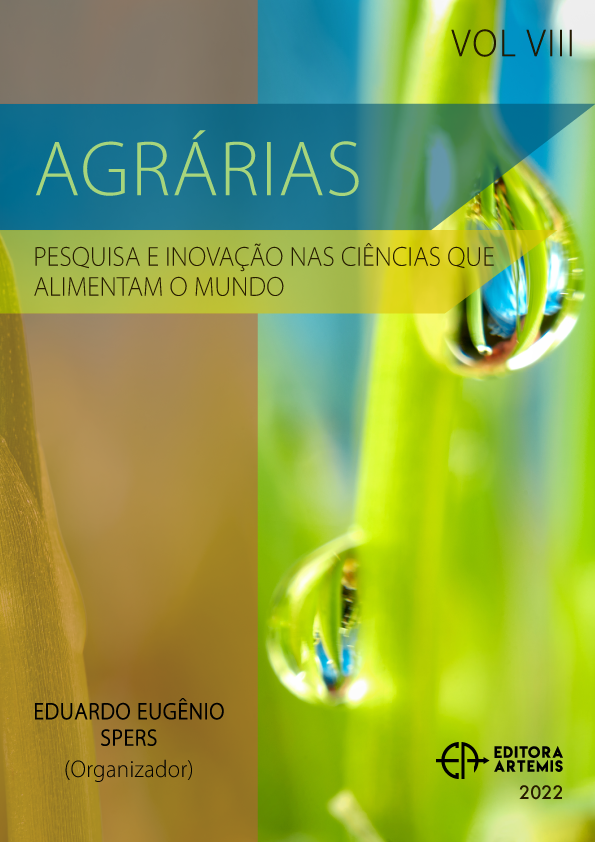
A TEMPORARY IMMERSION SYSTEM (TIS) BIOREACTOR USED FOR THE IN VITRO PROPAGATION OF PRUNUS AND PYRUS ROOTSTOCKS
A new type of bioreactor, which has been patented (Dolcet-Sanjuan and Mendoza, 2018; Patent Pending ES201831164), is described herein and the results on the propagation of fruit tree rootstocks are detailed. The “GreenTray” (GT) bioreactor based on the temporary immersion system (TIS) principle, is a mid-sized unit reactor, from 1 to 4L capacity, with the distinction in the fact that, firstly, transforms glass, transparent and commercial flasks into a bioreactor; secondly, the flask containing the shoots is placed in horizontal position, and more importantly, its concept allows for the extraction and cut of all the shoots at once, making more efficient the explants culture and shoot extraction out of the bioreactor. As described here, the GT bioreactor consists of two flasks, one for the shoot explants and the other for the liquid culture media, joined through a perforated adaptor piece that permits the flow of the liquid media from one vessel to the other, driven by pressured air and gravity. The structural simplicity and the modular and independent nature of the bioreactor, helps its operation and reduces the amount of hand labor required for shoot transfers, thereby reducing the cost of the whole micropropagation process, when compared with other commercial TIS bioreactors or with the cultures in vessels with semisolid media. The system has been applied to propagate RootPack-20® (RP-20), a commercial Prunus spp. rootstock, and “Py170”, an experimental Pyrus spp. hybrid rootstock. Compared with the conventional culture in semisolid medium, GT bioreactor improves by a 10% the multiplication rates of both rootstocks, and more significantly it improves shoot length by a 33% and 26%, and shoot fresh weight by a 21.9% and 30%, for RP-20 and “Py170” respectively. Shoot cultures produced with the GT bioreactor had better leaf development and less hyperhydricity, therefore improved shoot quality, than with the conventional cultures in semisolid media. Culture time required for plantlet development was reduced, hence costs to produce high quality commercial plants was 0.11€/plant with the GT bioreactor, significantly less than with the semisolid agar containing media.
A TEMPORARY IMMERSION SYSTEM (TIS) BIOREACTOR USED FOR THE IN VITRO PROPAGATION OF PRUNUS AND PYRUS ROOTSTOCKS
-
DOI: 10.37572/EdArt_2608226829
-
Palavras-chave: “GreenTray”, GT bioreactor, IRTA-reactor, temporary immersion system, TIS, liquid culture, in vitro plant micropropagation.
-
Keywords: “GreenTray”, GT bioreactor, IRTA-reactor, temporary immersion system, TIS, liquid culture, in vitro plant micropropagation.
-
Abstract:
A new type of bioreactor, which has been patented (Dolcet-Sanjuan and Mendoza, 2018; Patent Pending ES201831164), is described herein and the results on the propagation of fruit tree rootstocks are detailed. The “GreenTray” (GT) bioreactor based on the temporary immersion system (TIS) principle, is a mid-sized unit reactor, from 1 to 4L capacity, with the distinction in the fact that, firstly, transforms glass, transparent and commercial flasks into a bioreactor; secondly, the flask containing the shoots is placed in horizontal position, and more importantly, its concept allows for the extraction and cut of all the shoots at once, making more efficient the explants culture and shoot extraction out of the bioreactor. As described here, the GT bioreactor consists of two flasks, one for the shoot explants and the other for the liquid culture media, joined through a perforated adaptor piece that permits the flow of the liquid media from one vessel to the other, driven by pressured air and gravity. The structural simplicity and the modular and independent nature of the bioreactor, helps its operation and reduces the amount of hand labor required for shoot transfers, thereby reducing the cost of the whole micropropagation process, when compared with other commercial TIS bioreactors or with the cultures in vessels with semisolid media. The system has been applied to propagate RootPack-20® (RP-20), a commercial Prunus spp. rootstock, and “Py170”, an experimental Pyrus spp. hybrid rootstock. Compared with the conventional culture in semisolid medium, GT bioreactor improves by a 10% the multiplication rates of both rootstocks, and more significantly it improves shoot length by a 33% and 26%, and shoot fresh weight by a 21.9% and 30%, for RP-20 and “Py170” respectively. Shoot cultures produced with the GT bioreactor had better leaf development and less hyperhydricity, therefore improved shoot quality, than with the conventional cultures in semisolid media. Culture time required for plantlet development was reduced, hence costs to produce high quality commercial plants was 0.11€/plant with the GT bioreactor, significantly less than with the semisolid agar containing media.
-
Número de páginas: 18
- Ramon Dolcet-Sanjuan
- Carlos Rolando Mendoza

